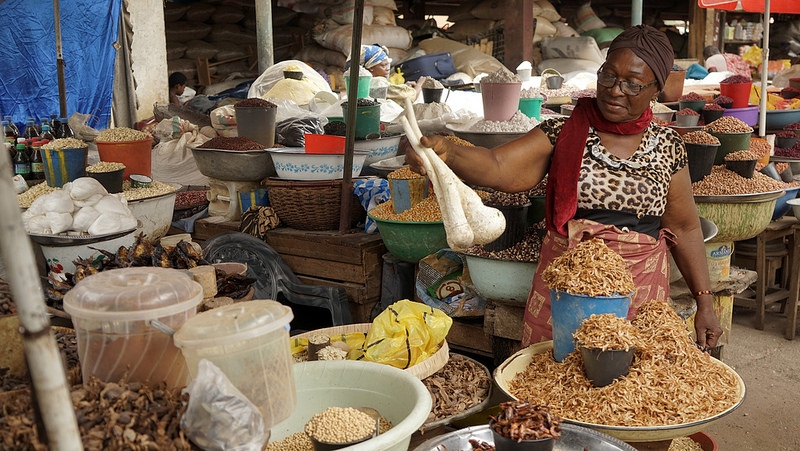
This project aimed to help selected Common Market for Eastern and Southern Africa (COMESA) member states use an evidence-based approach to prioritize sanitary and phytosanitary (SPS) investments for market access (P-IMA), mainstream SPS investments within national/regional agricultural, environment and trade investment plans, and thereby mobilize additional resources for SPS capacity development.
A high-level SPS stakeholder dialogue took place in Kampala, on 18-20 December, bringing together senior trade officials from Uganda and the wider region, as well as donors, development partners, civil society, private sector and academia. More information is available in the COMESA news release.
COMESA Member States face many demands to enhance their SPS capacity to enable their food and agricultural products to move to regional and international markets. Figuring out where to allocate available resources for SPS capacity building is not easy. The list of needs is often long, while the resources available are usually limited. Hard choices therefore need to be made between competing investments, all of which may benefit trade, agricultural productivity or health protection in the longer-term.
This regional project builds on previous initiatives to use evidence and engage government authorities, private sector and other relevant stakeholders to prioritize SPS investments and leverage support and resources to address them. It supports efforts by national governments and development partners to help integrate SPS investments in national and regional policy and investment frameworks for agriculture, trade and the environment, including the Comprehensive African Agriculture Development Programme (CAADP), in order to make safe intra-regional trade in agriculture a reality. It develops expertise to use the STDF P-IMA framework as an evidence-based tool for SPS planning, prioritization and resource allocation purposes, in collaboration with relevant government, private sector and other stakeholders.
The project promotes and strengthens SPS dialogue and collaboration at a continental, regional and sub-regional level, supporting the aspirations of Regional Economic Communities to foster harmonized approaches to identifying and solving SPS needs. The project encourages collaboration across government authorities responsible for agriculture, trade, SPS matters, as well as planning and finance, as well as with the private sector, academia and policy/research institutes. The project is co-financed by the Enhanced Integrated Framework (EIF).
The project will facilitate the use of an evidence-based approach (P-IMA) to prioritize SPS investment needs. As a result, SPS investments will be integrated within national and regional planning and financing frameworks for agriculture, trade, the environment and climate change, and additional resources will be mobilized for SPS capacity building. Key deliverables include:
Regional expertise to apply the P-IMA framework to prioritize SPS investments and leverage resources under CAADP and other national policy frameworks
User-friendly materials for applying the P-IMA to prioritize and mainstream SPS capacity building needs within national investment frameworks will be produced. Regional P-IMA facilitators who will share information and experiences and provide technical support on the use of P-IMA in other countries in the region will be trained.
SPS investments for market access are prioritized by public and private sector stakeholders in five COMESA Member States
SPS investments will be prioritized in each country. The impact of increased SPS investments on each country’s trade will be estimated. SPS investments will be mainstreamed in key policy/investment frameworks, including CAADP/Agriculture investment plans, trade and environment investment frameworks and national climate change response strategies of each participating country.
Increased awareness, advocacy and knowledge management on the use of P-IMA to prioritize SPS investments and on the adoption of key SPS investments into national investment frameworks
Advocacy materials, case stories and reports on the use/benefits of P-IMA will be disseminated among COMESA Member States and other interested stakeholders.